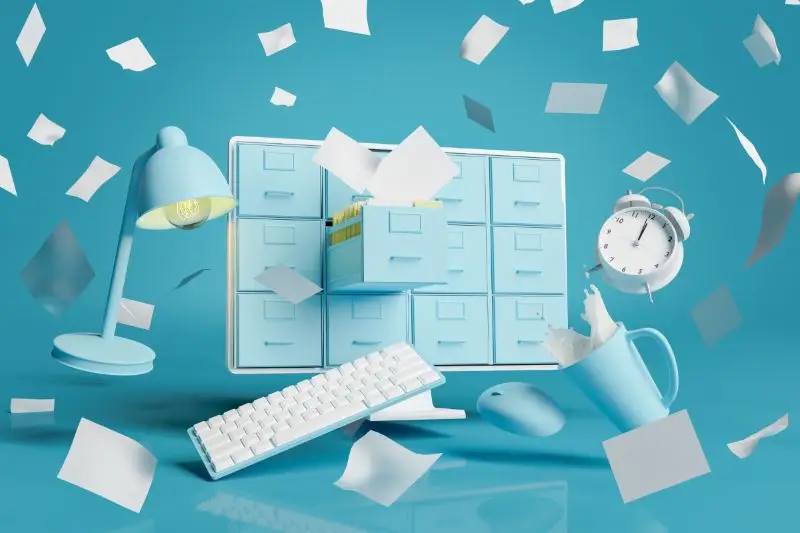A Little Something to Help You Now: The “Body Double” Trick
If you have a task you’ve been avoiding, try this:
- Ask someone to be your “body double.” This doesn’t mean they help you with the task. They simply need to be physically present in the same room (or on a video call) while you work on it.
- Their presence creates accountability and can often quiet the mental noise that makes starting so difficult. You can even mutual body double: Both of you work on your own separate tasks quietly together. The shared focus is often enough to unlock productivity.
- Stop struggling against your brain and start partnering with it. Let’s build the strategies and self-compassion you need to thrive.


